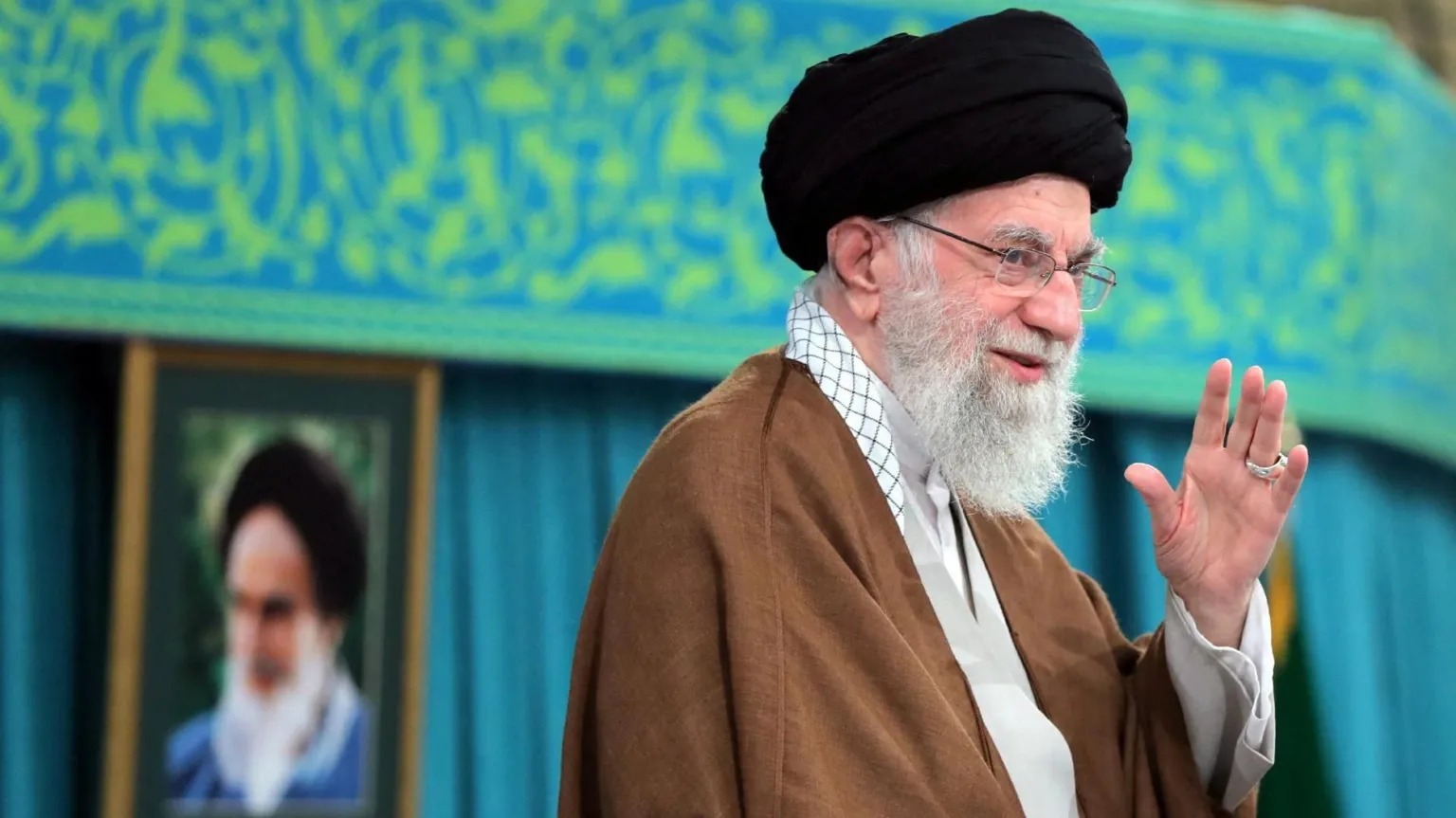Prime Minister Benjamin Netanyahu stated on Sunday that Israel’s airstrikes dealt a significant blow to Iran’s defense and missile production capabilities, as Iranian Supreme Leader Ayatollah Ali Khamenei remarked that the impact should not be exaggerated. While fighting rages on in Gaza and Lebanon, a direct clash between Israel and Iran could escalate into a broader regional conflict. However, there was no immediate indication of further escalation following the airstrikes.
In Lebanon, fierce clashes continued as Israeli airstrikes targeted Hezbollah, killing eight people in a residential area in Sidon, according to medics. Netanyahu highlighted the precision and power of the air force’s operations across Iran, which he said fully met Israel’s objectives.
Israel’s army chief, Lieutenant General Herzi Halevi, emphasized that the strikes demonstrated Israel’s stance against its adversaries, as they targeted crucial Iranian strategic systems. Iran has not announced its response to the attacks, which involved extensive airstrikes near Tehran and in the western provinces of Ilam and Khuzestan. The United Nations Security Council is expected to convene on Monday to discuss the situation.
After months of reciprocal hostilities, these latest strikes followed an October 1st Iranian missile attack, most of which Israel intercepted. Khamenei remarked that Israel’s plans should face “disruption” and stated that the attack, which killed four soldiers, should neither be minimized nor exaggerated. Meanwhile, Iranian President Masoud Pezeshkian affirmed Iran’s desire to avoid war but promised an “appropriate response.”
U.S. President Joe Biden has urged a halt to the escalating violence, which threatens to widen the ongoing Israeli-Hamas conflict and Israel’s actions in southern Lebanon to deter Hezbollah attacks.
Separately, Israeli Defense Minister Yoav Gallant claimed that Iran can no longer effectively leverage Hamas in Gaza and Hezbollah in Lebanon. Gallant stated that Hamas is not functioning as a cohesive military entity, while Hezbollah’s leadership and missile capabilities have been severely impacted. Both Hamas and Hezbollah have refuted these claims, asserting they maintain operational strength.
On Sunday, Israel urged residents in 14 southern Lebanese villages to evacuate northward, and an Israeli strike in Sidon reportedly killed nine people and injured 25. Further strikes across southern Lebanon brought the death toll to 19 on Saturday, according to Lebanon’s health ministry. Hezbollah retaliated by launching missiles at Israel’s Zevulon military industries facility, injuring one woman in northern Israel.

Leave a Reply